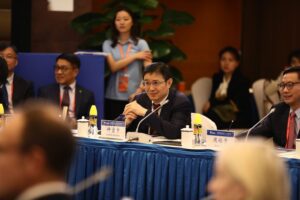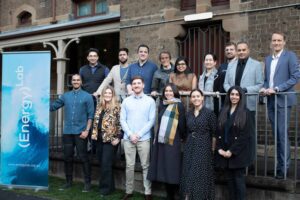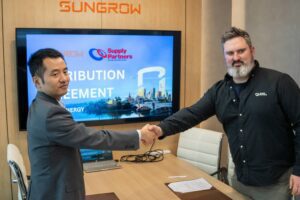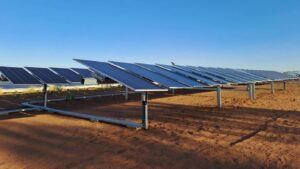PRESS RELEASE
Tuesday 30 June 2020, Jakarta, Seoul, Melbourne, : Korea Electric Power Corporation (KEPCO) has decided to invest in a new polluting coal power project: Jawa 9 and 10 in Indonesia. KEPCO’s decision is in stark contrast to the government’s Green New Deal platform which is supposed to phase out overseas and domestic coal financing by public institutions such as KEPCO. In addition, government banks KEXIM, KDB and KSURE will be providing the bulk of the financing for Jawa 9 and 10.
“It seems that the Korean government’s Green New Deal is just an empty promise”, said Julien Vincent, executive director of Market Forces. “They have decided to continue supporting overseas coal finance without fully considering the implications on Korea’s reputation overseas and our shared climate.”
KEPCO is pushing forward Jawa 9 and 10, while ignoring official assessments that show serious financial risk and reputational damage from supporting this project. The prefeasibility study conducted for KEPCO by the Korea Development Institute (KDI) estimates that Jawa 9 and 10 have a negative profitability of USD 43.58 million. Furthermore, KEPCO’s investment is valued at negative USD 7.08M.
“The decision to invest in a project that will knowingly lose KEPCO and its investors’ money is an act of commercial incompetence on their part, and an act of climate villainy by Korea’s administration. It turns out that President Moon’s Green New Deal really is just more dirty coal”, said Mr Vincent.
The project is also being developed in an economy where renewables are fast becoming cheaper than coal, creating the risk that they could quickly become stranded assets. In the prefeasibility study for Jawa 9 and 10, KDI stated the global energy transitions that point to coal phase-out will have negative consequences for the project, an assessment supported by a recent report from financial think tank Carbon Tracker which finds it is already cheaper in Indonesia to invest in new solar PV than new coal.
Furthermore, due to COVID-19 slowdown, Indonesia’s electricity demand may fall by 9.7%. The Jawa-Bali grid, where proposed Jawa 9 and 10 coal power plant project is located, is projected to be oversupplied by up to 41.5% in 2020. If built, electricity from Jawa 9 and 10 may remain unutilised.
Sejong Youn, director at South Korea-based climate policy group Solutions for Our Climate (SFOC) said, “This project carries a serious stranded asset risk where there are cheaper options available, further exacerbated by financial difficulties governments may experience during the global economic contraction caused by the COVID crisis.”
International investors have already raised their concerns about KEPCO’s investments in overseas coal power plant projects. In March, APG Asset Management, Church Commissioners of England and UBS Asset Management urged KEPCO to reconsider its plans for new overseas coal power plants. This month, Blackrock wrote a letter to KEPCO asking for fuller disclosure on its overseas coal projects.
KEPCO is also currently considering investing in another new overseas coal power project, Vung Ang 2 in Vietnam. The prefeasibility study for the project by KDI also estimates a negative profitability of USD 158 million, for KEPCO negative USD 80 million. The Japan Bank for International Cooperation, Mitsubishi, SMBC, MUFG and Mizuho remain linked to the Vung Ang 2 project.
“Korea knows that the world is way past the point of building any new polluting fossil fuel projects, but KEPCO has no coal exit strategy and no transition plan”, said Mr. Youn. “Shareholders will be wary of continuing to invest in such a company.”
“Korea should be helping finance more renewables in Vietnam and Indonesia to help their neighbours meet their energy needs cleanly and cheaply, without leaving them with debt to service in this period of economic difficulty”, said Yuyun Indradi, executive director of Indonesia-based organization, Trend Asia.










